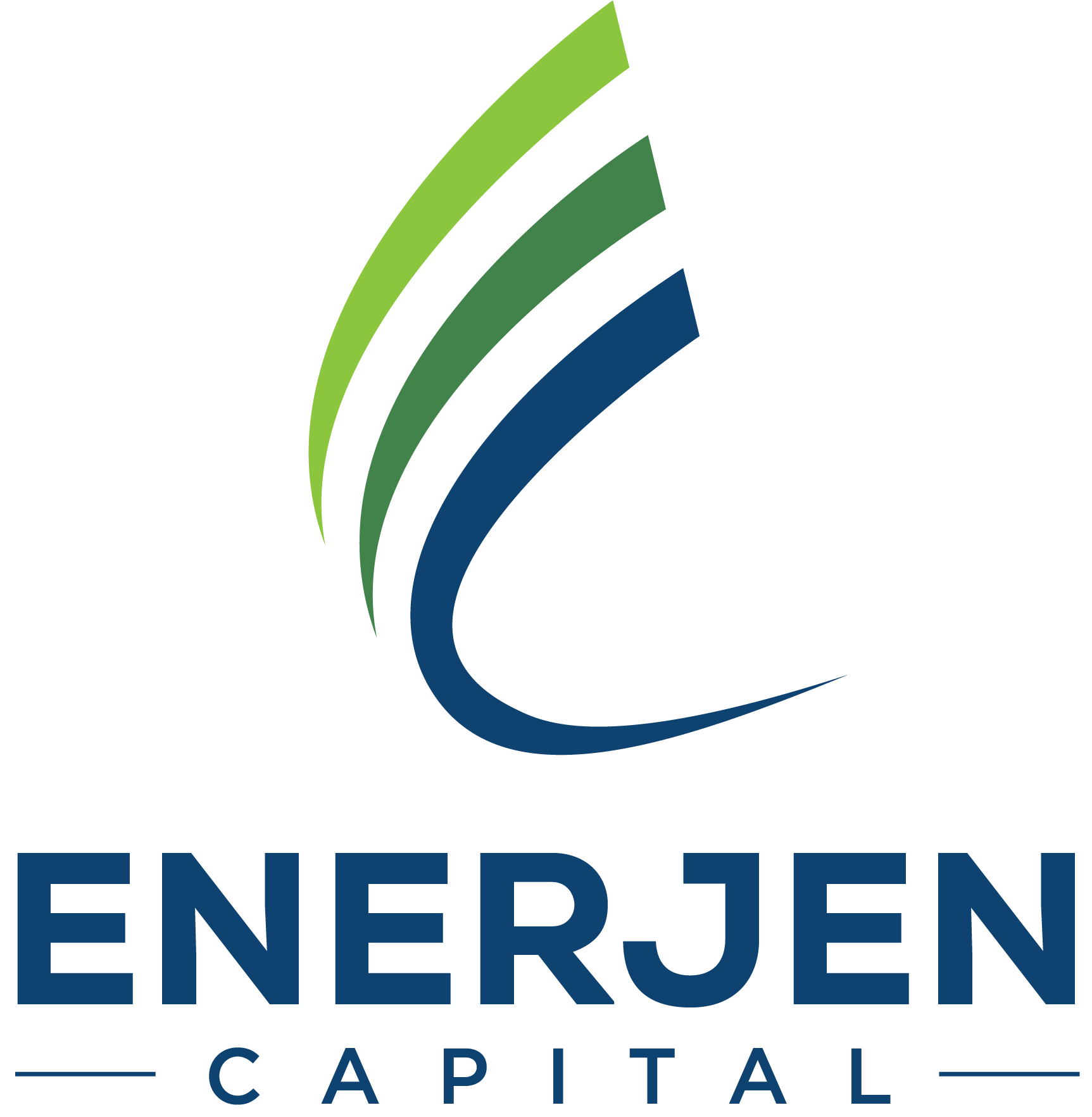It’s a Minute to Midnight for IMO 2020, Clarkson and Enerjen Say Two firms working together on low-sulfur fuel for shipping Enerjen providing consultancy; Clarkson execution-only broker
News // 08.01.19
By Alex Longley (Bloomberg) -- With five months to go until an unprecedented shift in the kind of fuel that merchant vessels must burn, the global shipping industry is under-hedged and -- in many cases -- wrongly hedged for the switch.
That’s the verdict of Enerjen Capital, a London-based firm that’s advising owners on how to protect themselves against wild swings in prices of fuel that represent by far the industry’s single biggest expense. The company’s three partners -- former executives at Vitol Group, AP Moller-Maersk A/S and Bank of America Corp. -- were speaking to announce a pairing up with Clarkson Plc, the world’s biggest shipbroker, to help owners get the right fuels and mitigate price risks.
From January next year ships will be forced to burn fuels containing no more than half a percent of sulfur. That’s down from the industry standard of 3.5% currently. It’s a move that had some calling for an impact of up to $1 trillionon the global economy, but as crude markets have softened in recent months many of those views have been scaled back. Even so, Enerjen and Clarkson say there’s still a lack of readiness in the shipping industry.
“We are concerned that companies are leaving this very late,” said David C. Paul, managing director for commodities at Clarkson. It’s effectively “one minute to midnight” in terms of getting the shipping industry ready for the shift, he said.
The maritime industry hasn’t traditionally used derivatives as a significant tool for hedging fuel costs. For example, while European airlines are already hedged anywhere up to 60% for 2020, shipowners generally enter derivatives markets much less than that, according to Lars Ostereng, a shipping analyst at Arctic Securities ASA. The need for vessel owners to protect themselves against volatility is more acute than normal, though, because of the rule changes, according to Enerjen.
Some owners have taken steps to secure physical supply. Hapag-Lloyd AG, a container shipping line, has secured compliant fuel into next year and isn’t concerned. Euronav NV, a tanker owner, has been filling a giant ship with fuel that will allow it to meet the regulations.
Financial Markets
But financial markets indicate owners haven’t been rushing to prepare. Though the global bunker fuel market is estimated at 250 million tons, less than 1% of that amount has been hedged in derivatives, according Enerjen and ICE Futures Europe data. That compares with a crude market where more than 10 times the volume of global consumption is traded in derivatives each day. It’s a sign that shipowners are continuing to adopt a wait-and-see approach despite the looming implementation of the rules.
As a result, Clarkson is now steering those clients seeking fuel-hedging solutions toward Enerjen for consultations on how best to manage any possible volatility down the line, and also to secure the right supply. Enerjen says it has an agreement with a supplier to be able to offer their clients physical supplies of fuel oil that comply with the regulations.
Do Something
“People need to do something now,” said Gus Majed, Enerjen’s chief investment officer, who has more than 20 years experience trading for companies including Vitol and Royal Dutch Shell Plc. “We think there is the potential for a very strong move in 4Q and 1Q,” he said, referring to the price of new marine fuels.
Some companies have shifted the way they hedge in order to reflect the fuel change. Shipowners are now hedging with diesel-like products, which is presenting a hidden risk to those businesses as there is a difference between their financial positions and the fuel their fleets will actually consume, Majed said. That matters because of the size of some companies’ fuel bills -- Maersk, the world’s largest shipper, spent more than $5 billion on fuel last year.
Earlier in the year Enerjen also launched an investment vehicle that allowed shipowners to use derivatives markets to hedge against the impact of the rules. The note offering closed in February, and the partners declined to say how much capital they had raised.
Global Supply
For its part, Clarkson has been able to source IMO 2020-compliant bunker fuel since the middle of last year. It’s an operation that the company has stepped up as the regulations get closer and client interest has grown, Paul said. Though activity in the sector is beginning to pick up, he says hedging is still too small relative to where it needs to be before 2020.
One of the biggest risks, according to both Enerjen and Clarkson, is that shipowners aren’t appreciating how hard it could be to secure the same fuel the world over in 2020. Though there will be availability of appropriate products at the major ports, there are plenty of smaller ones where fuel may not be available, or where it will be much more costly. “There is a tsunami and we cannot solve it for you,” says Majed. “You have to get working, either you have to hedge it derivatively or you have to start going to the physical market and get these barrels booked.”

